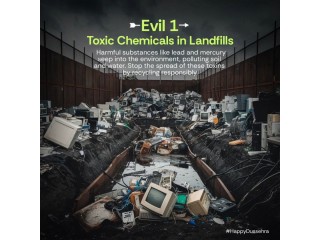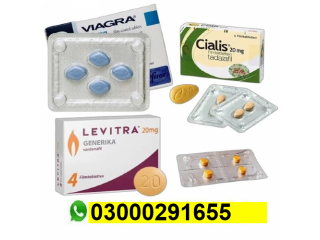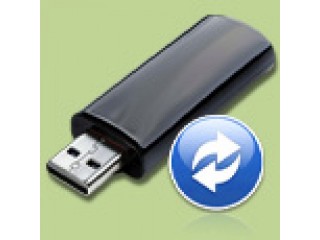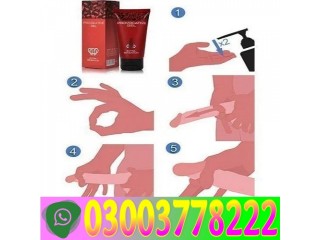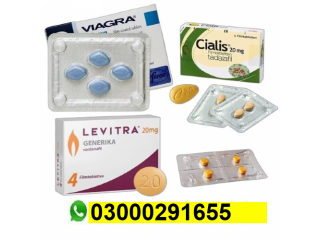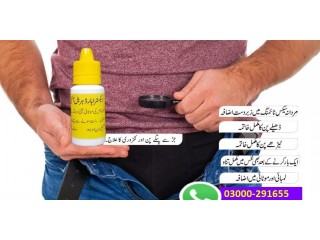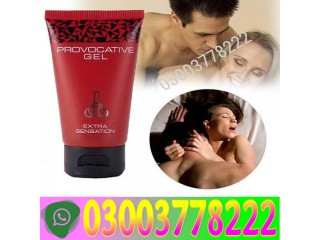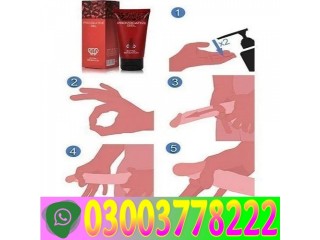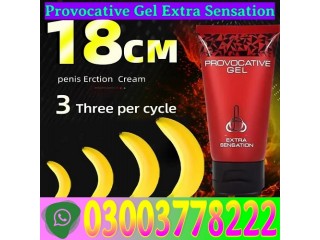Hardside vs. Softside Luggage - Which is Best for You? Private
2 years ago - Multimedia - Wardha - 147 viewsDeciding between softside and hard shell luggage doesn’t have to be complicated, but it should be about more than just looks. The best luggage for you is the luggage that best fits your needs. Here, we cover the top five factors to compare when choosing hard or soft luggage.
When shopping for new luggage, being informed will help you choose the best carry-on or checked suitcase, duffel, weekender or garment bag for you. Aside from the myriad features available, like interior organization, USB charging ports, and other built-in extras, you have color, size, style and even shape to consider. But one of the most significant differences to compare is softside vs. hardside luggage.
Maybe you’ve always carried a soft, fabric-style suitcase but like the sleek look of hardside luggage. Or maybe you’ve been carrying a bag with a hard shell but want exterior pockets, like most softside bags offer. Maybe you just don’t know what you want. We can help.
When you don’t know how to decide between hard luggage set or soft luggage set, start by identifying your needs. Below, we unpack the pros and cons of soft- vs hardside luggage along with a bit of insider info you probably never thought to consider.
There is a perfect suitcase for you. You just need to know what to look for–and why.
1.Price
Let’s talk money first. While cost shouldn’t be your main decider, it will probably factor in at some point. The prices of softsided and hardshell luggage can vary greatly. You’ll find inexpensive luggage in both categories, but be wary of cheaply made bags.
Luggage doesn’t have to cost a ton, but it is worth investing in bags that will last and that can handle the physical demands of heavy-duty packing, rough baggage handlers, bumpy sidewalks and carousel pileups, among the other abuses your bags are likely to take.
If your budget is limited or you just like a great deal, shop the sales. Most luggage companies release new models every year or so, and when they do, you win. To make room for the newest inventory, the previous models are often put on sale with big discounts.
To get more bang for your buck, buy luggage sets. Since you’ll probably need both a checked bag and a carry-on at some point, it makes sense to buy a set. Not only will your luggage match, but the price is usually much better than buying two single bags.
Whatever your budget, don’t let price be the only factor in choosing your luggage. After all, you wouldn’t choose your vacation lodging solely because it was the cheapest place you could find.
2.Durability
Consider how you would feel watching your suitcase come down the baggage carousel split open with the contents spilling out among everyone else’s luggage. Or imagine the impact of a lost or stuck wheel when you have blocks, or even miles, yet to travel. Durability–like running water or electricity–is easy to take for granted, until you are without it.
Your luggage is something you will depend on greatly while away from home. Durability should be one of your top priorities, whether you’re buying hard or soft luggage, a large checked bag or a compact carry-on.
In general, hardsided suitcases and softsided suitcases are durable in different ways. It’s a common misconception that hard shell suitcases are always tougher than bags constructed with fabric. In reality, the bag’s “toughness” depends heavily on what type of materials it’s made of.
Similarly, softsided bags can tear or rip if the wrong fabric is used. For built-in durability, look for luggage made from high-density fabric treated to resist moisture and staining.
Though neither type is considered completely water resistant, the outer shells of hardsided suitcases should repel liquids and wipe clean if anything is spilled on them. You can safely clean and disinfect them with certain cleaning products, but be sure to follow the directions and spot test first.
Fabric bags treated to repel liquids and stains should not be cleaned with cleaning products that could compromise the anti-moisture coating–but they shouldn’t have to be. The coating should cause most of the liquid to just roll off, rather than soak in.
Whether you choose a hard or soft bag, always look for reinforced stitching, resilient zippers that stay on track and stay closed, sturdy handles and strong extension handles that don’t bend or buckle.
Other important durability features that will help keep both hard and soft bags looking and performing well include corner guards, reinforced molding on high-wear points and, for rolling bags, ultra-strong wheels with well-designed, protective wheel housings.




